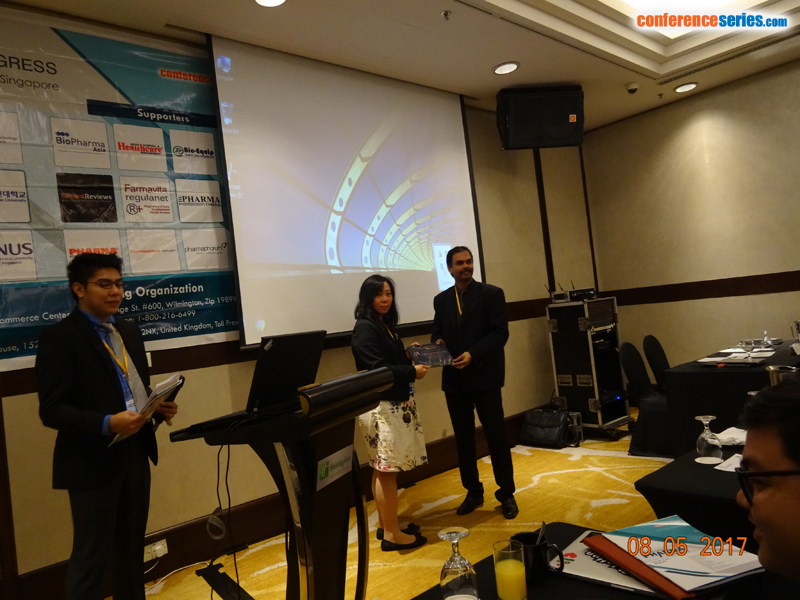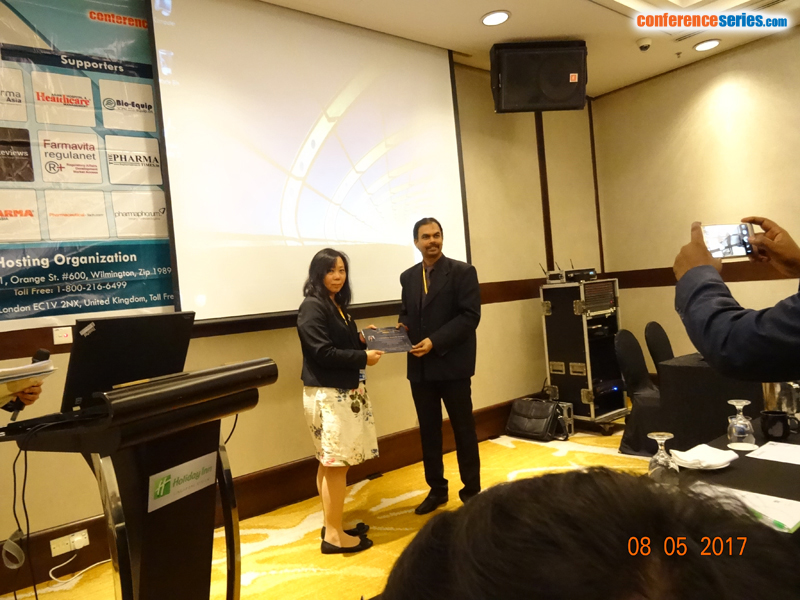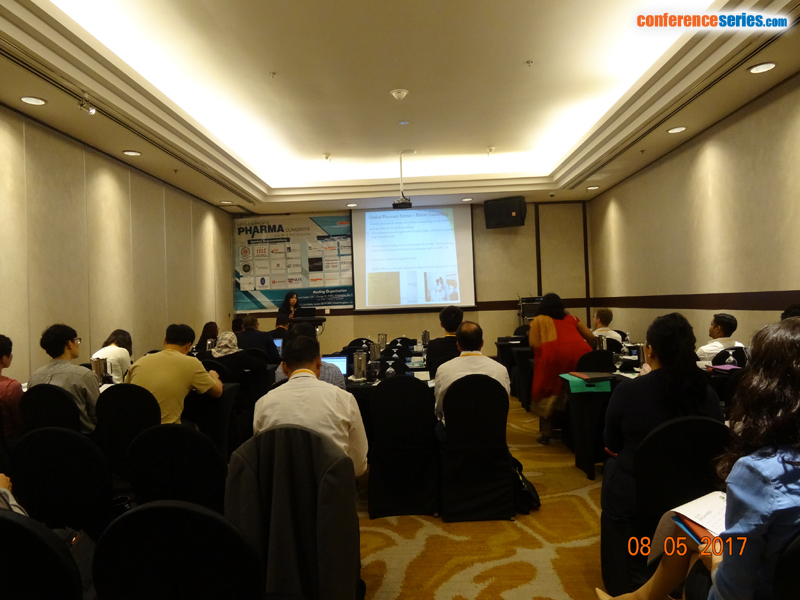
Christina Yuen-Ki Leung
The University of Hong Kong–Shenzhen Hospital (HKU-SZH), China
Title: Effective medication incident management and Continuous Quality improvement (CQI) tools to improve medication safety
Biography
Biography: Christina Yuen-Ki Leung
Abstract
In China, medication incident reporting and management has recently started in healthcare settings. In HKU-SZH, a multi-disciplinary team including clinical pharmacistsoversees the medication incident management. The healthcare staff is encouraged to report medication incidents including near-misses using the hospital approved reporting form. Serious medication incidents are investigated using root-cause-analysis. Every month, the clinical pharmacist attends the Incident Management Team to discuss the medication incidents and the improvement actions. Every quarter, the clinical pharmacists are responsible to prepare the statistical incidents summary report which is then submitted to the Quality and Safety Management Committees. For serious or repetitive incidents, quality improvement measures are suggested to prevent recurrence of medication incidents. Examples of the improvement measures implemented are:
• Clinical Pharmacists prepare the quarterly Medication Safety Newsletter to raise the awareness of the medication safety and to show the improvement actions that were implemented.
• Develop high alert drugs management policy and the drugs list.
• Incorporate patient drug allergy history and medication reconciliation template in electronic prescribing system.
• Change the dosage unit of insulin from “U” to “unit” and from IU to “international unit” in the electronic prescribing system.
• Add patient weight (in kg) section in the electronic drug chart to aid the accurate calculation of dosage especially for children.
• Develop clinical guideline for some high risk drugs such as Fentanyl patch.
• Clinical Pharmacists have prepared over 50 patient leaflets to enhance the optimisation of drugs use and patient safety.
• Additional patient counselling service for patients on warfarin on the ward.
• Involvement of clinical pharmacists in the out-patient clinic. E.g. Diabetic clinic.
• Deliver teaching sessions to the nurses and doctors. E.g. “Safe and effective use of insulin” for nurses, and the “Effective medicine management” for newly joint doctors.
For healthcare professionals to report medication incidents is a big step forward in risk management in China. A “no-blame” culture is essential to encourage medication incident reporting. We learn from all the incidents reported to us and they guide us to develop improvement plans to further enhance medication safety.



